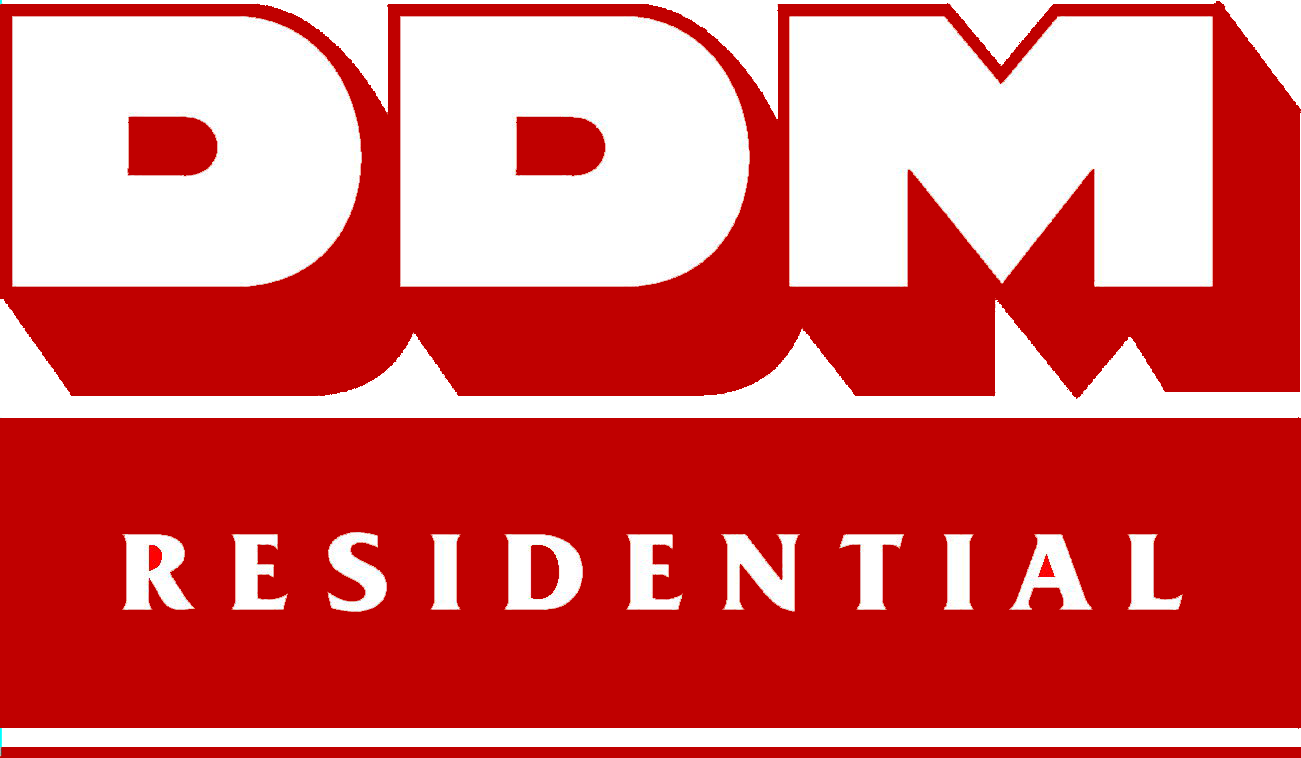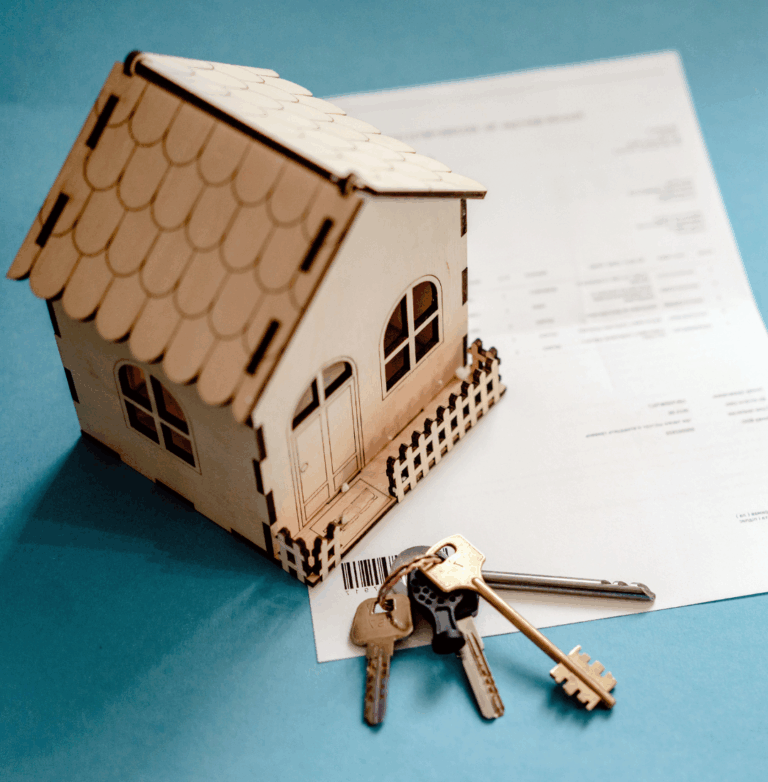The Renters’ Rights Bill is set to bring the most significant reform to the private rental sector since the Housing Act 1988. Designed to improve housing standards and strengthen security for tenants, the Bill aims to reshape how private renting works across England.
While it introduces a range of new requirements, landlords who operate professionally and compliantly should view this as an opportunity, not a threat. We’re here to help you navigate these changes with clarity, support, and confidence.
Why This Matters to Landlords
The Renters’ Rights Bill isn’t just another policy update; it’s a total overhaul of how residential tenancies are structured, managed, and enforced. For landlords, that means big changes to:
- How tenancies start and end
- The legal grounds for eviction
- When and how you can increase rent
- Property maintenance standards
- Your legal obligations as a landlord
For responsible landlords, these reforms can provide greater stability and reduce disputes, but only if you fully understand the new rules.
The Key Changes Introduced by the Renters’ Rights Bill
End of ‘No-Fault’ Evictions
Section 21, which previously allowed landlords to end tenancies without providing a reason, is being abolished. You will now need a legitimate reason (under Section 8) to regain possession of your property.
All Tenancies Become Periodic
Fixed-term Assured Shorthold Tenancies (ASTs) will be replaced with periodic (rolling) tenancies from day one. Tenants can end their tenancy with two months’ notice at any time, while landlords must follow stricter procedures to regain possession of the property.
Changes to Eviction Grounds
With Section 21 gone, eviction must be based on specific grounds under Section 8, such as rent arrears, anti-social behaviour, or if the landlord wants to move in or sell. The Bill strengthens and expands these grounds but also introduces safeguards to prevent misuse.
New Rules Around Rent Increases
Rent can only be increased once per year and only through a formal Section 13 notice. Rent review clauses and informal hikes will no longer be permitted. Tenants can challenge unfair increases at a tribunal, and cannot be evicted for refusing to pay an unfair rent.
Ban on Rental Bidding Wars
Landlords and agents will no longer be allowed to encourage tenants to bid over the asking price. Properties must be listed with a fixed rent, ensuring transparency and fairness.
Minimum Property Standards (Decent Homes Standard)
The ‘Decent Homes Standard’ from the social housing sector will now apply to private rentals. This means properties must be free from serious hazards, in good repair, and have appropriate facilities and insulation.
Awaab’s Law
Inspired by tragic cases involving untreated mould and damp, this part of the Bill sets strict timelines for addressing serious hazards. Landlords must inspect issues within 14 days, share a plan, and carry out urgent repairs within 7 days (or 24 hours in emergency cases).
Anti-Discrimination Rules
The Bill makes it illegal to refuse applicants purely because they receive housing benefits or have children. “No DSS” and “no children” adverts will be unlawful. Landlords will no longer be able to unreasonably refuse a tenant’s request to keep a pet, although requesting pet insurance is allowed.
New Private Rented Sector Ombudsman
All landlords must join a new redress scheme. This Ombudsman will handle tenant complaints free of charge and can issue binding decisions, including compensation or required actions. Membership will be mandatory.
Mandatory National Landlord Register
Landlords will need to register themselves and their properties in a national database and keep the information up to date. Unregistered landlords may lose their right to serve eviction notices in the future.
Before vs After – A Quick Look
| Area | Before | After |
| Tenancy Terms | Fixed-term ASTs | All tenancies periodic |
| Evictions | Section 21 (no reason needed) | Section 8 only (with valid grounds) |
| Rent Increases | Multiple methods | Once a year, via Section 13 notice only |
| Tenants’ Rights | Limited | Expanded (e.g., pets, benefit recipients) |
| Property Standards | Basic health & safety | Full Decent Homes Standard required |
| Repairs | Vague timelines | Legal deadlines (Awaab’s Law) |
| Oversight | Limited | Ombudsman + national register |
How DDM Lettings Can Help You Stay Ahead
The Renters’ Rights Bill raises the bar for what it means to be a compliant landlord, and failure to meet the new standards could lead to fines of up to £40,000, criminal charges, or even banning orders.
At DDM Lettings, we’re ready to support you every step of the way. Our expert team is fully up to date with the latest legislation and can help you stay compliant, reduce risk, and run your rental business smoothly.
✅ Free compliance audit available – even if you’re not currently a client
✅ Qualified lettings and property management specialists across Scunthorpe, Grimsby, Brigg, Barton, and Gainsborough
✅ Clear, jargon-free advice to help you adjust to the new rules
Don’t Get Caught Out by the New Law
Whether you manage one property or an entire portfolio, preparation is key. Let us review your current tenancies and highlight areas where you may need to make changes.
Call us on 01724 870 870 or email [email protected] to book your FREE compliance audit today
Let’s make sure your rental business is ready for the future.
Let DDM Lettings take the stress out of staying compliant, so you can focus on what you do best: providing safe, quality homes for your tenants.



